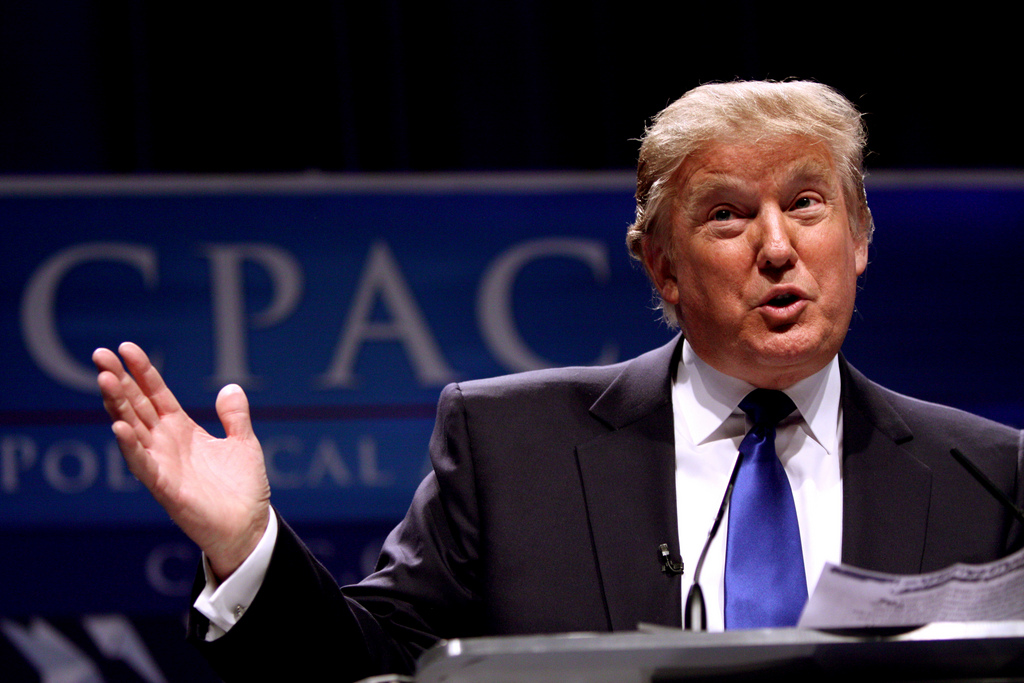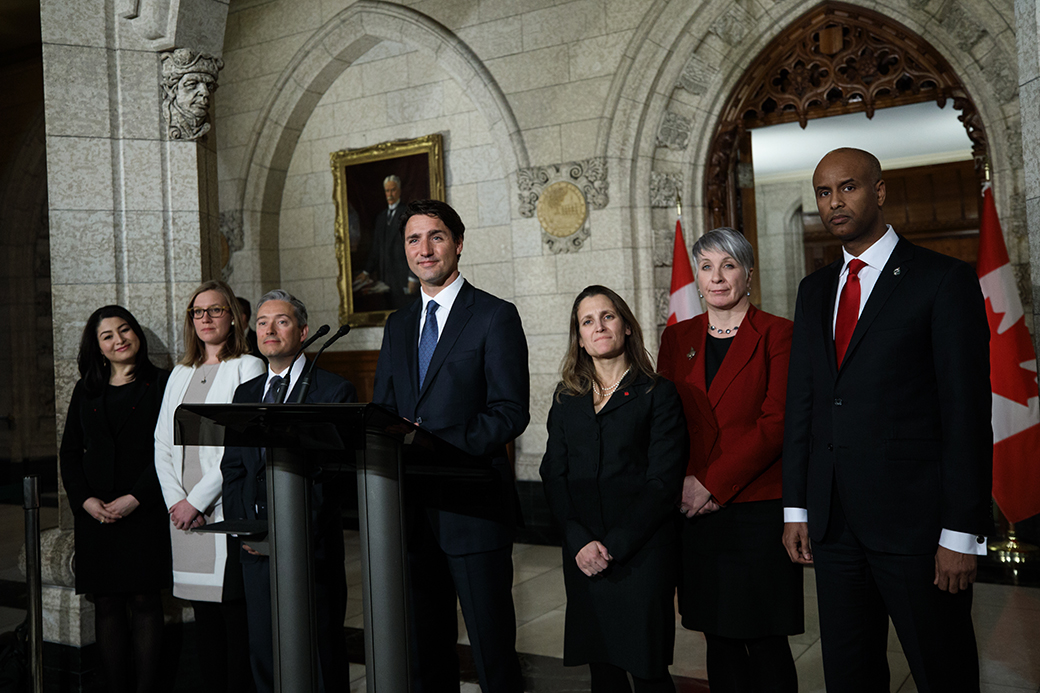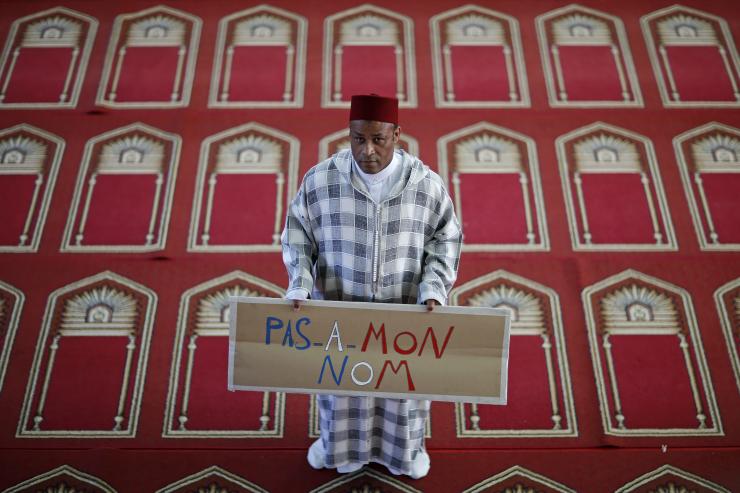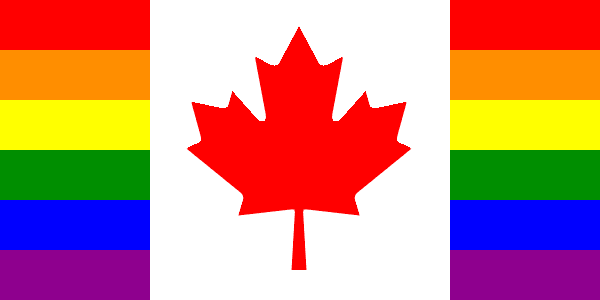Charismatic or reserved, charming or cold, rigid or flexible, there exists today a vast diversity in the personalities of global leaders. However, while the expectations of the general population and the needs of a given community are unique to each nation, the desire that a leader act in fulfilling their promises and obligations is universal.
Personality has always played a role in politics, but with the advent of radio and television, physical charisma began to play a major role in political campaigns, leading experts to underscore the positive correlation between charisma and legislative victory. The caveat here, however, is that charisma does not equal leadership success, nor does it assume that a leader will make decisions that are in the best interest of the country.
The ‘Media’ is the Message
The 2016 US presidential election has been hailed as the most polarizing election in US history. Never before have the candidates from both parties embodied such starkly opposing views, personalities, temperaments, backgrounds and ideologies. This ultimately led to a presidential campaign that was defined more by personality than by policy. Not only did the candidates disagree on what the best strategy might be to address the issues plaguing the American people, but they also possessed fundamentally different notions of what these issues were. As the campaign heated to a boiling point, policy talk evaporated and was replaced by character assassinations and false equivalencies. Substance yielded to style, as political discourse was stripped of any mention of policy priorities and strategies needed to address the growing list of concerns voiced by the American people and the international community.

Enter the media. One journalist asserts, “It’s been said that we get the media we deserve: that the journalism we see is a reflection of business structures and audience decisions, not the result of an elite’s decisions to shape public opinion.” When the world awoke to discover Trump’s win on November 9, 2016, waves of shock and disbelief reverberated throughout the collective psyche of informed individuals. What has now become clear is that an overwhelming majority, citizens and journalists alike, were surprised by this result, emphasizing the profound failure of the news media to step up and re-direct the narrative back to the key issues. There is certainly plenty of blame to go around, from the proliferation of fake news on social media sites like Facebook, to news media outlets such as CNN, who now regret their disproportionate coverage of Trump. The decision to give him free publicity granted Trump an unrestricted platform to voice his controversial rhetoric, which subsequently increased his base. As we find ourselves at the start of 2017, a startling reality begins to crystalize. We now live in a ‘post-truth’ world where it is increasingly difficult to separate fact from opinion.
Predictably Unpredictable
In a recent interview with Mehdi Hasan, Noam Chomsky discussed Trump’s ascent to power and the dangerous implications of his volatile temperament. “The most predictable aspect of Trump is unpredictability,” he mentioned as he remarked on the many ways Trump’s inconsistencies could ripple out into the global economy and affect foreign policy. There are numerous instances of how Trump’s frequent off-the-cuff remarks about individual businesses have created situations of investor confusion and, ultimately, stock vulnerability in the marketplace.
His hawkish views on trade could cause a shift away from free trade, globalization, and open markets, with the effects hitting hardest for emerging economies and multinational companies. For developing nations outside the BRICS alliance, the impact could be especially devastating as opportunities for free trade and foreign financing begin to vanish. Most concerning, however, is the trickle-down effect that this could have in Europe, potentially disrupting the European Union and other multilateral institutions.

There are countless examples throughout history of both charismatic and authoritarian leaders. Flaws exist in every political system, and the beauty of a democracy is that civil society has a right to demand more from their leadership.
In the months following Trump’s election to office, he has made a targeted effort to control the media and the message, irrespective of the norms and rules that typically govern political communication. Trump has set a new precedent for presidential messaging, attempting to shift policy via twitter with little to no regard for political norms and possible security implications. The lack of open and regularly scheduled press conferences, coupled with Trump’s attacks on various media outlets, has created an environment ripe with anxiety for journalists. From the ‘opening up’ of libel laws to the blacklisting of media outlets, Trump is attempting to design a new model of journalism that exists solely to complement him. In other words, the end goal is a press that cannot point out inaccuracies, without having that information discounted as partisan bias.
While there is no shortage of individuals who find themselves swept up in the crowds’ roar at Trump’s rallies, many are falling victim to crowd mentality rather than subscribing to any specific political message. It is not difficult to understand the development of this phenomenon, which arose from a failure to acknowledge this now isolated and disenfranchised demographic. As one article put it, “A cult of personality is far more detrimental to democracy than any single ideology. Ideologies are constrained by a shared understanding among supporters; a personality cult is constrained only by the leader’s imagination.” So, where to from here? With an outcome that so few predicted, and fewer are willing to accept, now is a pivotal time to meticulously reassess America’s priorities and find expression in the political process at the grassroots level.
Cover Photo: Donald Trump speaking at CPAC (2011), by Gage Skidmore via Flickr. Licensed under CC BY-SA 2.0.
In-text Photo 1: Photo Montage on a Smartphone, by Geralt via Pixabay. Listed under Public Domain.
In-text Photo 2: Mount Rushmore, by HaloJim via Pixabay. Listed under Public Domain.
Disclaimer: Any views or opinions expressed in articles are solely those of the authors and do not necessarily represent the views of the NATO Association of Canada.




